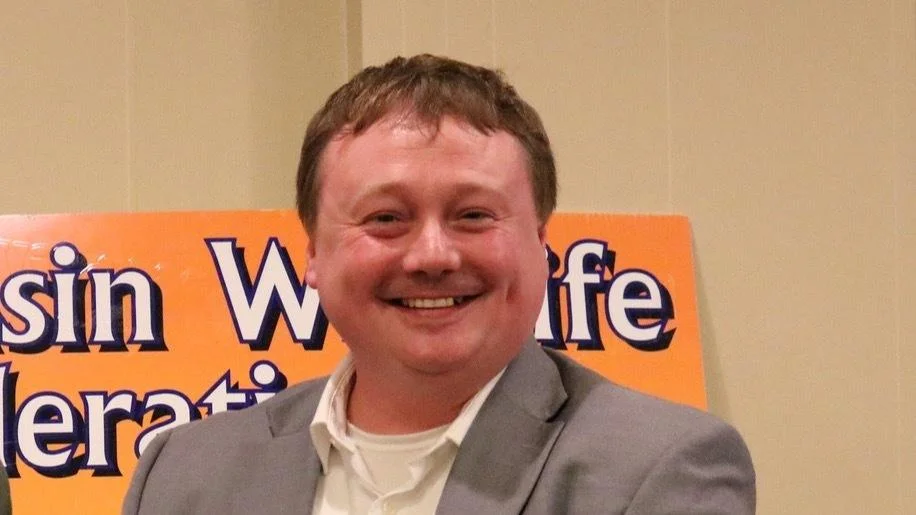Chanz Green, Wisconsin State Representative for 74th District | www.facebook.com
Chanz Green, Wisconsin State Representative for 74th District | www.facebook.com
According to the Wisconsin State Legislature's official website, the bill was described as follows: "governmental restrictions based on the energy source of a motor vehicle or other device".
The following is our breakdown, based on the actual bill text, and may include interpretation to clarify its provisions.
In essence, this bill prohibits state agencies and local governmental units in Wisconsin from imposing restrictions on the use or sale of motor vehicles or other devices based on their energy sources. Specifically, it prohibits regulations that limit the use or sale of motor vehicles according to the energy source used for propulsion or other functions, as well as devices powered by or consuming any particular energy source. The bill defines local governmental units broadly to include political subdivisions, special purpose districts, or any combination of these entities. It also ensures that the regulation does not influence internal policies related to the purchase of motor vehicles for government use.
The bill was co-authored by Senator Cory Tomczyk (Republican-29th District), Representative Elijah R. Behnke (Republican-6th District), Representative Lindee Rae Brill (Republican-27th District), Representative Calvin T. Callahan (Republican-35th District), and Representative Alex A. Dallman (Republican-39th District). It was co-sponsored by Senator Julian Bradley (Republican-28th District), Senator Dan Feyen (Republican-20th District), and Senator Steve L. Nass (Republican-11th District), along with 22 other co-sponsors.
Chanz J. Green has co-authored or authored another 29 bills since the beginning of the 2025 session, with none of them being enacted.
Green graduated from Northwood Technical College.
Green, a Republican, was elected to the Wisconsin State Assembly in 2023 to represent the state's 74th Assembly district, replacing previous state representative Beth Meyers.
In Wisconsin, the legislative process starts when a senator, constituent, group, or agency proposes an idea for a bill. After drafting, the bill is introduced, numbered, and referred to a committee for review and public input. If approved, it moves through three readings and votes in both the Senate and Assembly. Once both chambers pass the same version, the bill goes to the governor, who can sign it, veto it, or let it become law without a signature. Only a small share of bills introduced each session ultimately become law. You can learn more about the Wisconsin legislative process here.
| Bill Number | Date Introduced | Short Description |
|---|---|---|
| AB161 | 04/04/2025 | Governmental restrictions based on the energy source of a motor vehicle or other device |
| AB83 | 02/28/2025 | Governmental restrictions based on the energy source of a motor vehicle or other device |
| AB59 | 02/24/2025 | The use of federal capitalization grant funds for lead service line replacement. (FE) |
| AB9 | 02/06/2025 | Allowing representatives of certain federally chartered youth membership organizations to provide information to pupils on public school property |


 Alerts Sign-up
Alerts Sign-up